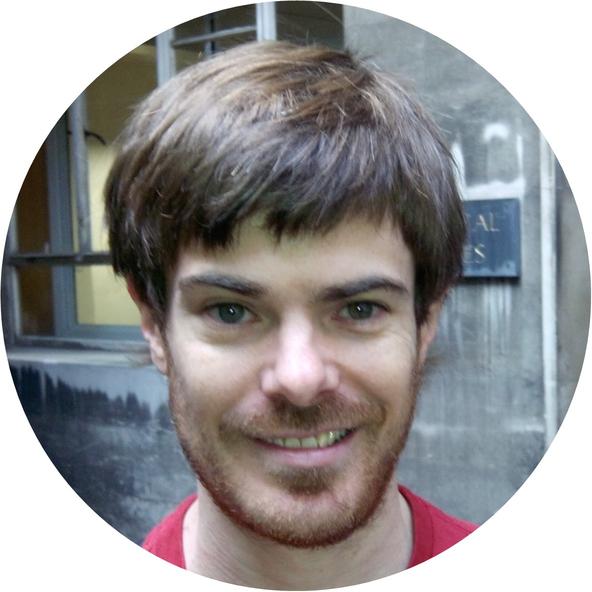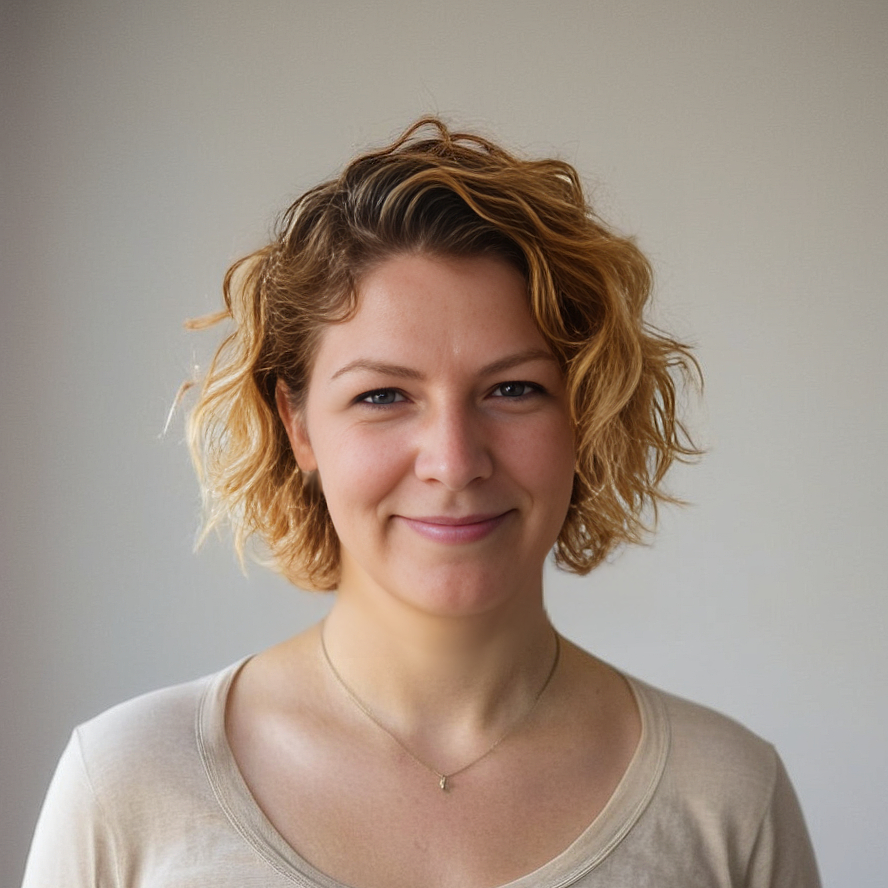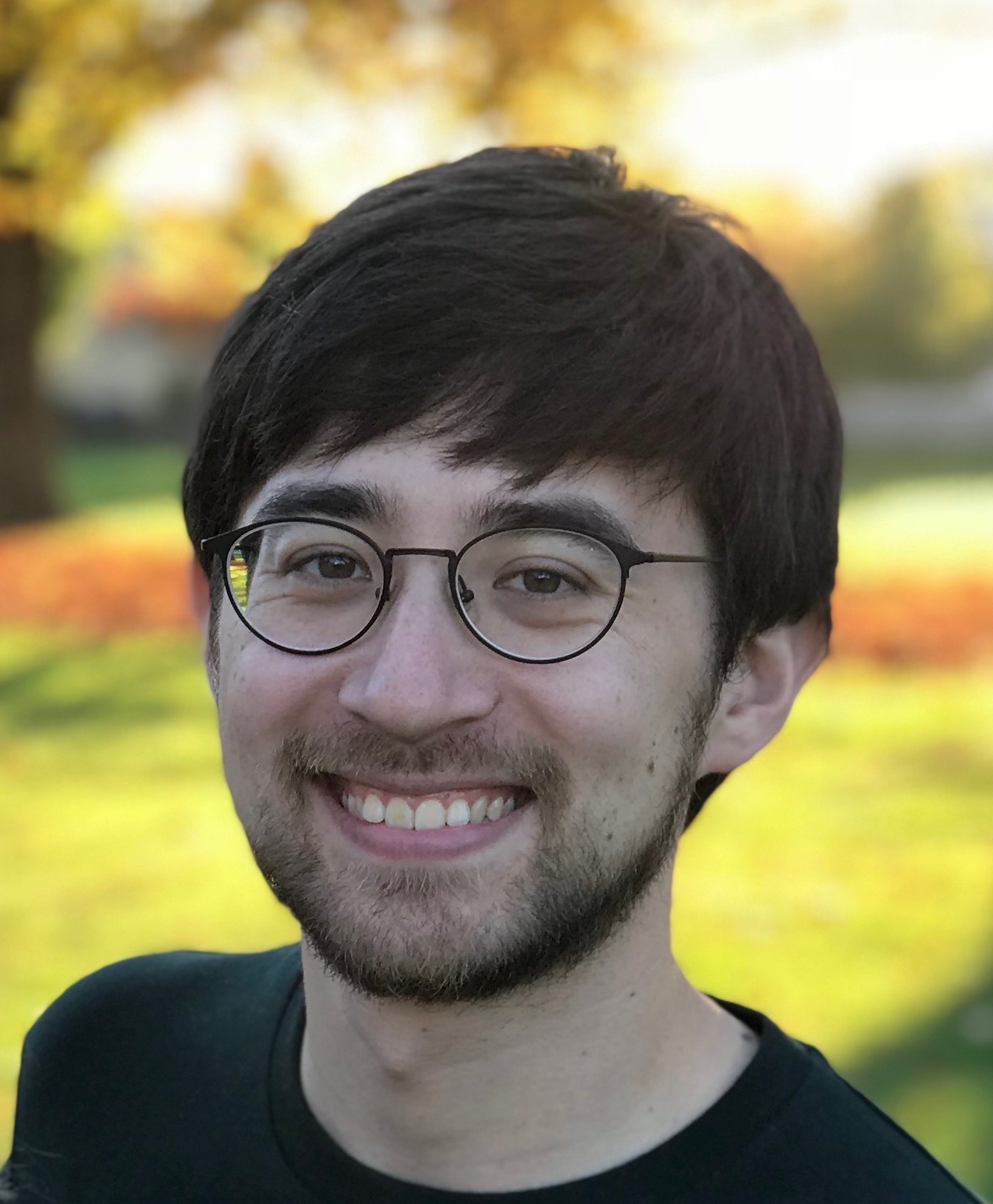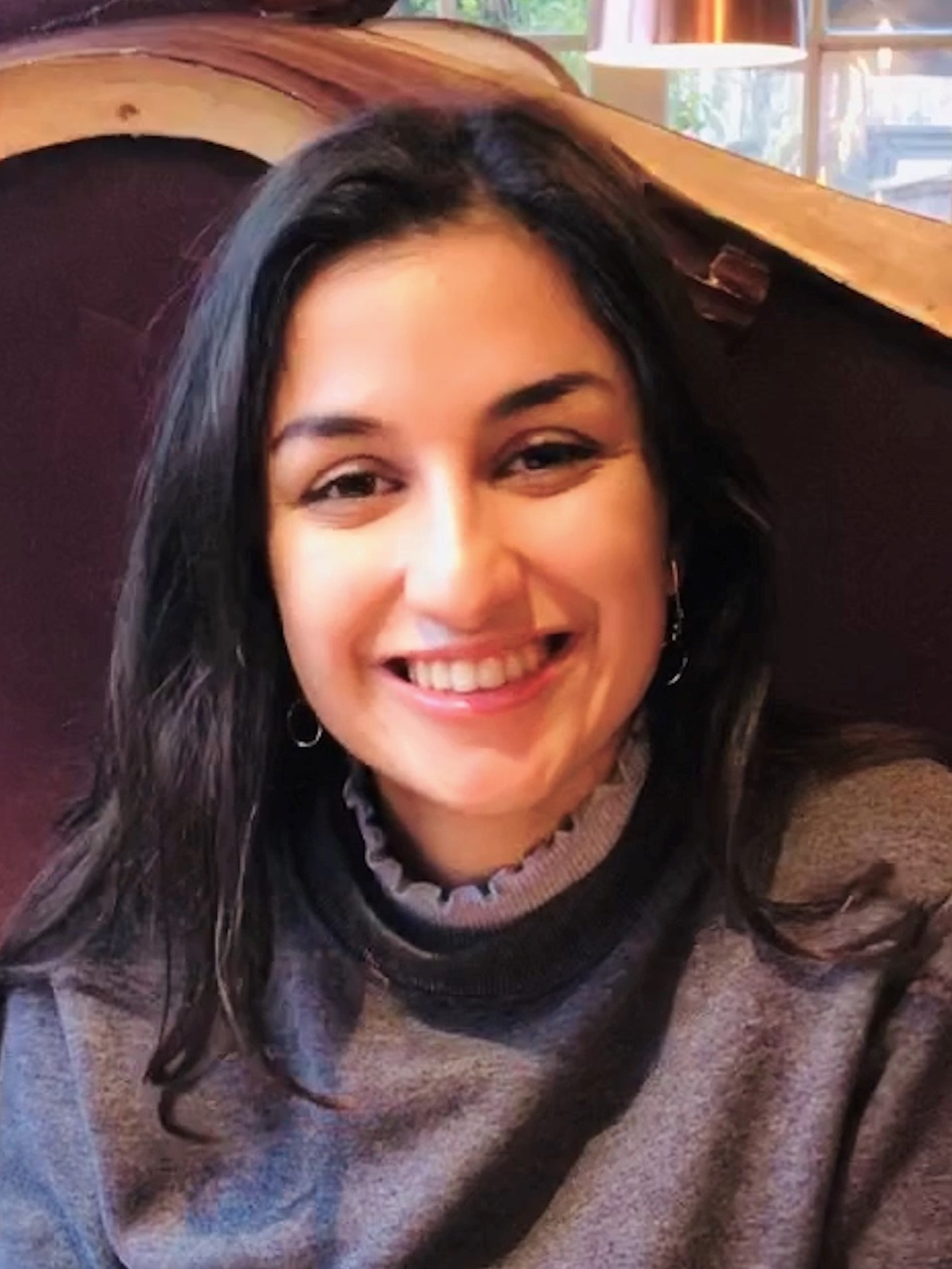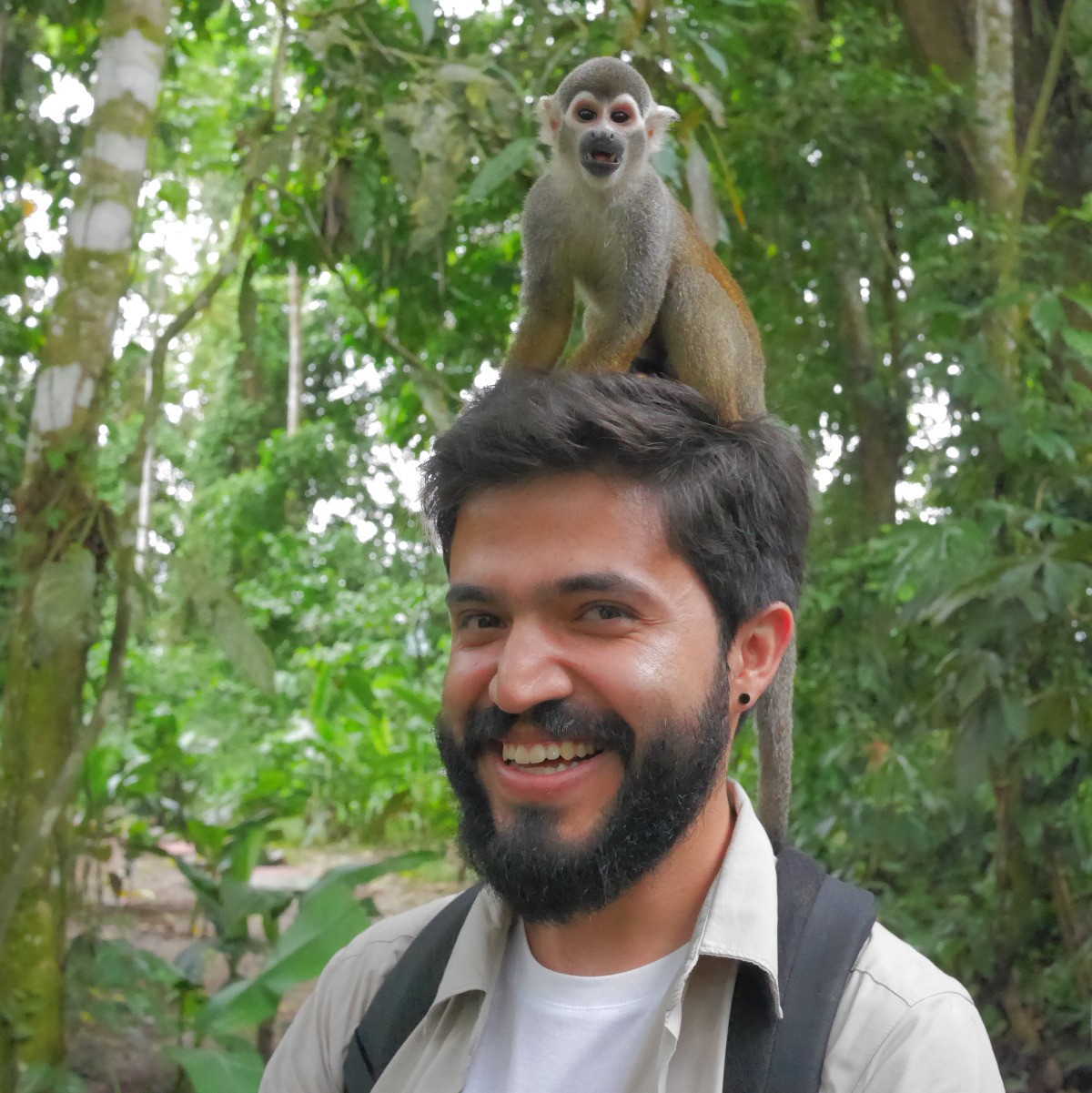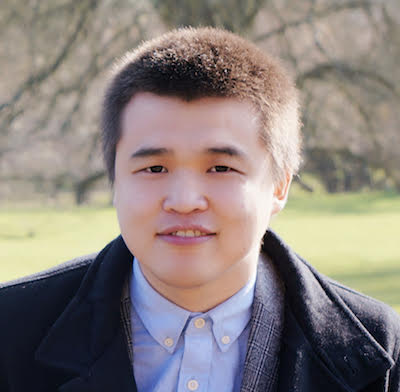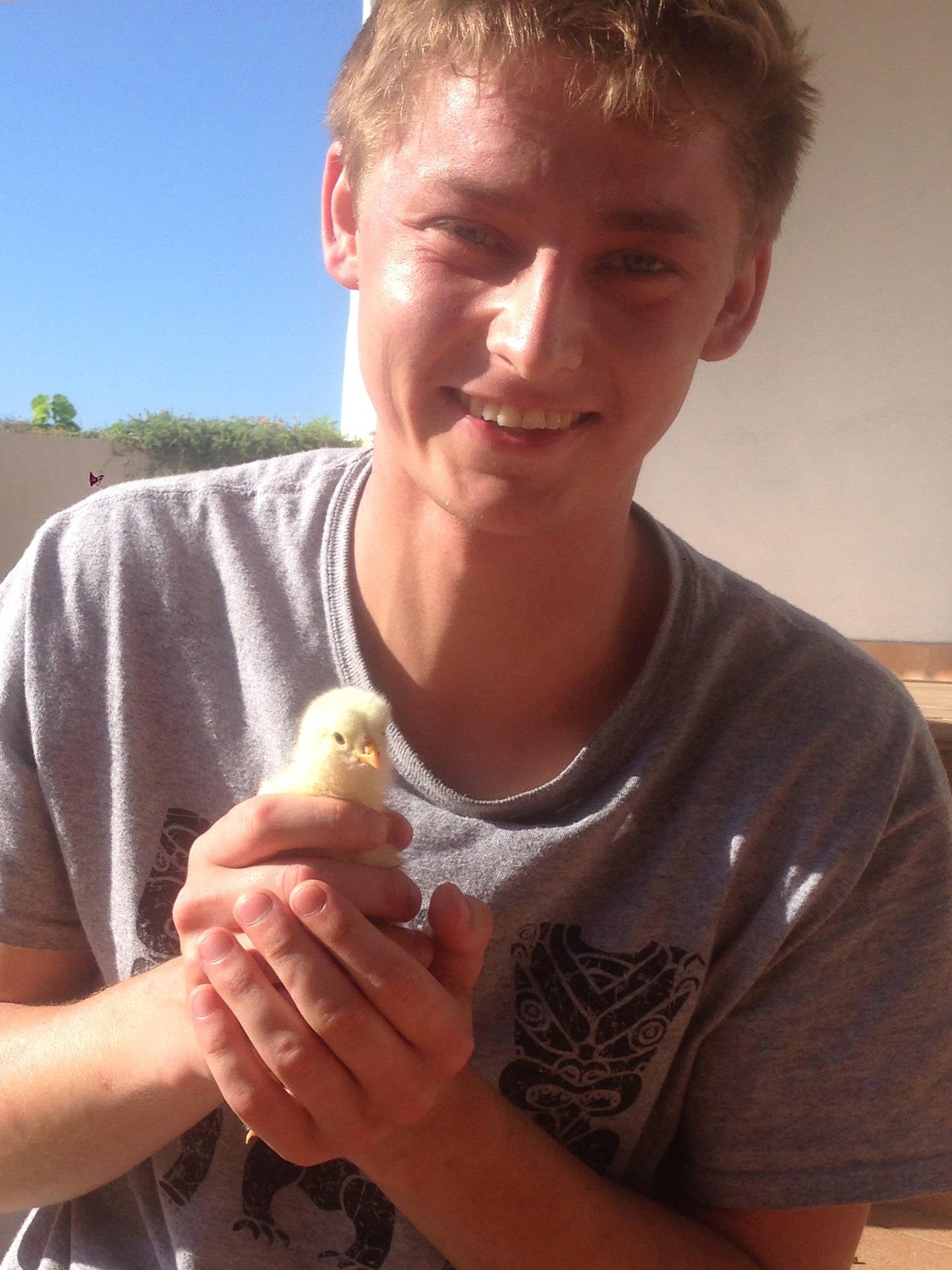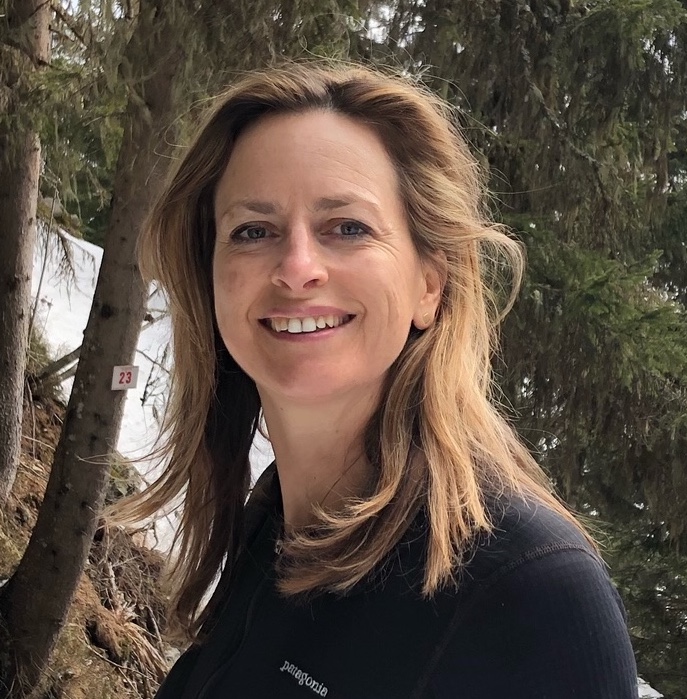group members
Current Members
Garrett Hellenthal
Garrett is currently a Professor of Statistical Genetics at UCL. He received a PhD in Statistics at the University of Washington, and subsequently worked as a post-doctoral researcher at the University of Oxford. He is currently developing and applying statistical methods to infer (i) the genetic structure of human populations (particularly in regions of Africa), (ii) historical periods when world-wide groups intermixed, for example due to invasions or migrations, and (iii) genetic loci facilitating humans' adaptations to new environments (including through methylation marks).Alice Balard
Alice is currently working in the Hellenthal lab, developing statistical models to detect and characterise loci for which methylation marks likely are established in the early embryo, and can influence long term health in humans. After studying veterinary medicine (ENVA, Alfort, France), she transitioned to bioinformatics and evolutionary biology with a PhD in Biomedical Sciences in the FU Berlin, Germany, (Heitlinger group, HU molecular parasitology/IZW) during which she focused on the evolution of trade-offs between resistance and tolerance of the house mouse against the coccidia parasite Eimeria. She then joined the Eizaguirre lab (QMUL, London, UK) thanks to a EU Marie Skłodowska-Curie Individual Fellowship to work on the molecular epigenetic mechanisms of transgenerational transmission of immunity in stickleback fish. She then was a Teaching Fellow for a year at QMUL, in the School of Biology and Behavioural Sciences.Nancy Bird
Nancy is a post-doctoral researcher in the group. She completed her PhD with Garrett in 2023, focusing on understanding the population structure and history of different groups across Africa, and linking this to cultural and historical factors. Her research interests include inferring population structure and ancestry in worldwide human populations, as well as understanding how humans have adapted to new environments.Mengzi Chen
Mengzi is PhD student in the group, funded by a UCL Research Excellence Fellowhsip. Her research aims to identify adaptive genetic variants brought by the Anglo-Saxon migration and how they impact health in the UK today. Her research interests include population admixture, population migration, and ancient DNA.Previous Members
Leo Speidel
Leo is currently a group leader at RIKEN, Japan’s national scientific research institute. He is part of the Interdisciplinary Theoretical and Mathematical Sciences Program (iTHEMS). Previosuly, he was a Sir Henry Wellcome fellow at UCL, Genetics Institute and the Francis Crick Institute working on Statistical and Population Genetics. He is interested in developing powerful statistical tools that utilise the rapidly growing numbers of genomes of modern and ancient people to reconstruct our shared genetic past. Our genomes can, for instance, inform us about past migrations, introgression with Neanderthals and other extinct hominids, and adaptation to environmental or lifestyle changes throughout human history. In particular, he is interested in understanding how evolutionary forces have shaped our genetic differences and how these may impact our health.Leo's github page can be found here his personal webpage here.
